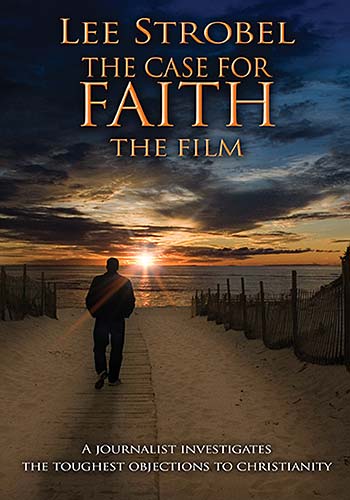Post Author: Bill Pratt
Very few skeptics with whom I’ve interacted have actually investigated the historical evidence for the resurrection of Jesus Christ (there are some exceptions, but they are few in number). The typical response is to dismiss all miracle accounts as either impossible or so improbable as to not be worth researching – taking cues from arch-skeptic David Hume. Some take Bart Ehrman’s lead and argue that a miracle such as the resurrection cannot, in principle, be investigated.
The armchair skeptic has always puzzled me, because investigating the claim of a resurrection seems relatively straightforward. Thomas Sherlock, a writer in the 18th century, saw this as well, in his book The Trial of the Witnesses of the Resurrection:
Suppose you saw a Man publickly executed, his Body afterwards wounded by the Executioner, and carry’d and laid in the Grave; that after this you should be told, that the Man was come to Life again; what would you suspect in this Case? Not that the Man had never been dead, for that you saw yourself: But you would suspect whether he was now alive: But would you say this Case excluded all human Testimony, and that Men could not possibly discern whether one with whom they convers’d familiarly was alive or no? Upon what Ground could you say this?
A Man rising from the Grave is an Object of Sense, and can give the same Evidence of his being alive, as any other Man in the World can give. So that a Resurrection considered only as a Fact to be prov’d by Evidence, is a plain Case; it requires no greater Ability in the Witnesses, than that they be able to distinguish between a Man dead and a Man alive; a Point, in which I believe every Man living thinks himself a Judge. I do allow that this Case, and others of like Nature, require more Evidence to give them Credit than ordinary Cases do; you may therefore require more Evidence in these, than in other Cases; but it is absurd to say, that such Cases admit no Evidence, when the Things in Question are manifestly Objects of Sense.
What evidence could be given for a resurrection? “It requires no greater Ability in the Witnesses, than that they be able to distinguish between a Man dead and a Man alive; a Point, in which I believe every Man living thinks himself a Judge.”
We look at the testimony of those who claimed Jesus rose from the dead and we determine whether they are to be believed or not. This is what needs to be done before we dismiss, with a wave of our hand, the question of the resurrection. For those of you wanting to know whether Jesus actually rose from the dead, you’re going to have to carefully inspect the testimony; you are not going to arrive at an answer by sitting in your recliner and pronouncing, “Miracles can’t happen.”
Philosopher John Earman takes David Hume, the hero of modern miracle skeptics, to task for his failure to critically examine the evidence:
Hume pretends to stand on philosophical high ground, hurling down thunderbolts against miracle stories. . . . When Hume leaves the philosophical high ground to evaluate particular miracle stories, his discussion is superficial and certainly does not do justice to the extensive and vigorous debate about miracles that had been raging for several decades in Britain.
Earman concludes with these remarks about verifying miracles:
I acknowledge that the opinion is of the kind whose substantiation requires not philosophical argumentation and pompous solemnities about extraordinary claims requiring extraordinary proofs, but rather difficult and delicate empirical investigations . . . into the details of particular cases.
If you want to start digging for yourself, might I recommend three books? The Resurrection of Jesus: A New Historiographical Approach by Mike Licona, The Case for the Resurrection of Jesus by Gary Habermas and Mike Licona, and The Resurrection of the Son of God by N. T. Wright.
